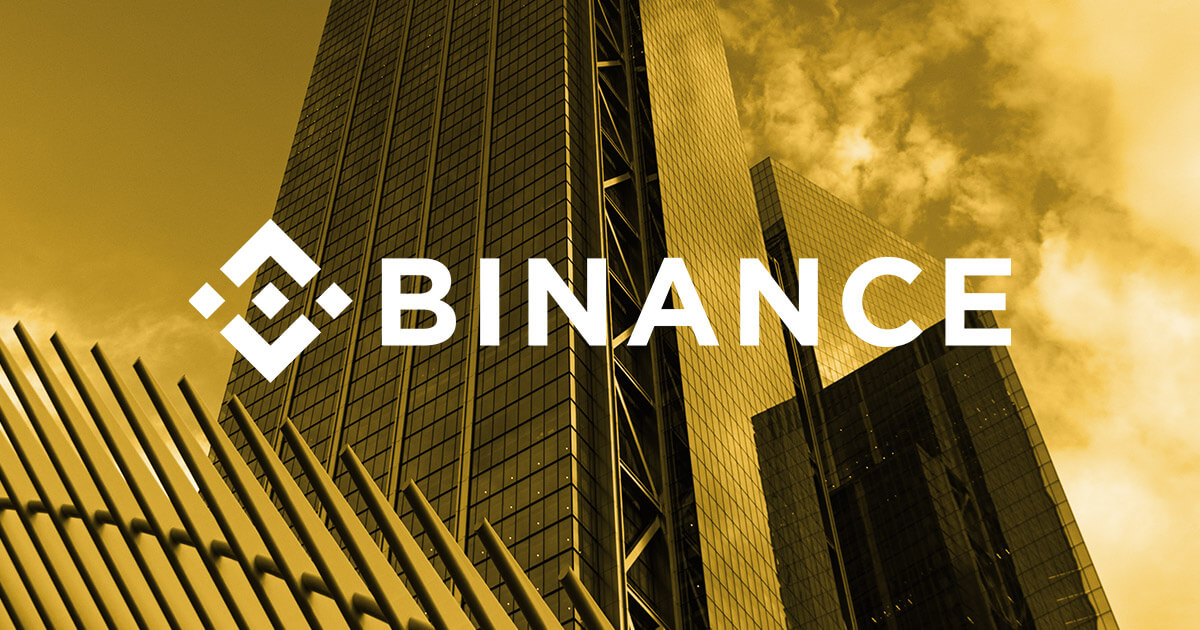- ASIC sues Binance Australia for misclassifying over 500 retail clients, denying them proper consumer protections for derivatives.
- Binance compensates affected clients with $8.29 million, while ASIC seeks further penalties to enforce compliance and investor safeguards.
The Australian Securities and Investments Commission (ASIC) has filed legal action against Binance Australia Derivatives, accusing the company of misclassifying over 500 retail investors as wholesale clients.
Between July 2022 and April 2023, this classification error allegedly deprived these investors of essential consumer protections usually granted under Australian financial services regulations.
More than 500 retail clients of Oztures Trading Pty Ltd, trading as Binance Australia Derivatives, were denied important consumer protections after being misclassified as wholesale clients, ASIC alleges in documents filed in the Federal Court. https://t.co/nw2TxSRR6x pic.twitter.com/Sm9nyBWjjE
— ASIC Media (@asicmedia) December 18, 2024
ASIC Focus on Compliance and Consumer Protection in Crypto Market
The complaint by ASIC draws attention to the regulator’s worries about appropriate compliance policies in the growing bitcoin market, especially with regard to high-risk derivative products.
Given these claims, Binance has already paid the impacted clients a sizeable compensation of around A$13.1 million (US$8.29 million). Although significant, this action does not release the exchange from further legal obligations.
Emphasizing the need for strict compliance policies and precise client classification, ASIC is currently investigating additional penalties, disclosures, and adverse publicity orders against Binance. The case also emphasizes ASIC’s more general legislative crackdown on maintaining market integrity throughout the digital asset ecosystem.
The legal action against Binance is a component of a larger campaign by ASIC aimed at maintaining consumer protection rules in Australia’s fast-expanding crypto market by means of compliance.
Following ASIC’s civil procedures, another well-known case involving Australia’s federal court fined a local operator of Kraken A$8 million earlier in December 2024. These acts clearly convey to the regulator’s message: non-compliance will not be accepted and consumer rights have to be protected by all means.
This most recent discovery coincides with a pivotal moment as regulatory monitoring of digital asset products gets more focused on all around.
The emphasis on Binance Australia Derivatives reminds us of the difficulties experienced by worldwide exchanges functioning in regulated markets, especially with relation to consumer protection systems and local law compliance.
While tackling structural problems in the digital asset sector, ASIC’s activities seek to provide a more safe environment for retail investors.
Besides that, CNF previously reported that ASIC published draft rules outlining the Corporations Act 2001’s applicability to digital assets. This fresh approach is meant to improve consumer protection for digital asset services and raise compliance criteria.





















